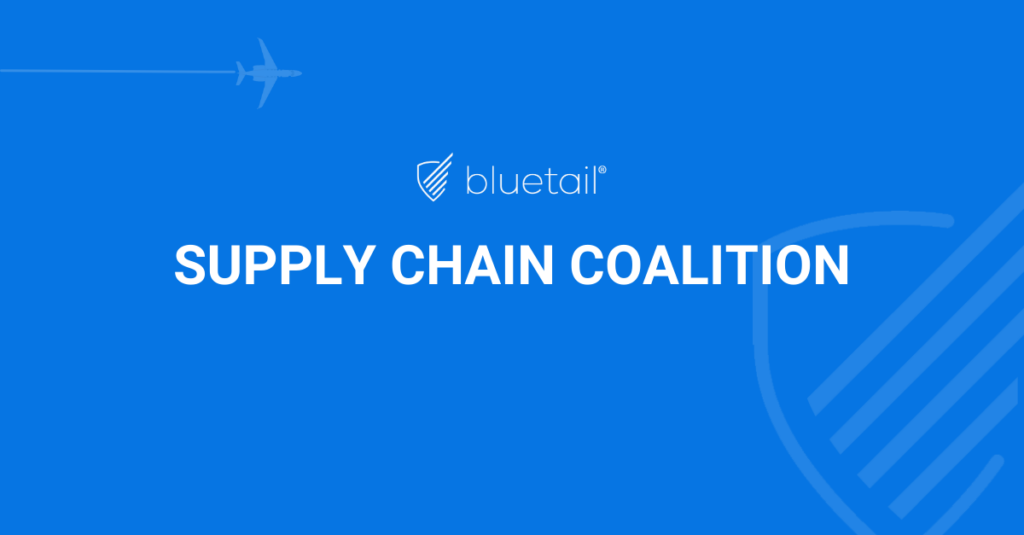
Although I’m a bit of a gastrophile when it comes to Chinese cuisine, I’m no expert on Chinese culture or philosophy. I am, however, intrigued by their concept of Yin and Yang, which describes an opposite but interconnected self-perpetuating cycle.
Yin and Yang can be thought of as complementary and opposing forces that interact to form a dynamic system in which the whole is greater than the assembled parts, and the parts are essential for the cohesion of the whole.
What does any of this have to do with aviation and aircraft maintenance? More than you think. Aviation is one of those rare industries where companies can compete and cooperate simultaneously.
A case in point is the recent formation of the Aviation Supply Chain Integrity Coalition. Just this last February, a group consisting of leaders from Airbus, American Airlines, Boeing, Delta Air Lines, GE Aerospace, Safran, StandardAero, and United Airlines formed the Coalition with the initial goal of working together to prevent unauthorized engine parts from entering the market. The scope evolved to include all unapproved parts.
While the Coalition is primarily centered on commercial airlines, OEMs and MROs, their recommendations are equally applicable to anyone who utilizes any aviation supply chain.
According to a story in Aviation Week by Lee Ann Shay, the motivating factor for the group’s formation was an incident that happened in 2023, where “TAP Air Portugal flagged a CFM56 engine part from AOG Technics that didn’t seem to match its paperwork, and Safran quickly confirmed the paperwork was falsified. The engine aftermarket then sprang into action to determine if there were more of those faulty parts in the market. Investigations uncovered 95 parts with falsified documents impacting more than 100 CFM56 and GE CF6 engines.”
All of the parts in question were supplied by a small, London-based aviation parts broker who was found to have sold “thousands of aircraft engine parts using falsified documentation during 2023.”
One for all and all for one…
The first outcome of the Coalition’s nine-month-long investigation, which included interviews with 38 subject matter experts from 24 aviation and aerospace companies, was the creation of 13 ways to strengthen the aviation supply chain.
The 13 recommended actions are grouped into three different categories: vendor accreditation, document traceability and verification, and non-serialized parts traceability. Each category has actions that should be implemented in the short-term (12-24 months), medium-term (within the next 5 years), and long-term (over 5 years).
The Coalition’s initial report on its findings states, “The recommended actions are performance-based and technology-agnostic, allowing companies in the aerospace industry flexibility in achieving the outcome. While no single recommended action will solve the challenge, taken together, the Coalition firmly believes that these actions are necessary to strengthen the integrity of the system and increase aviation safety.
The Aviation Supply Chain Integrity Coalition represents one of the best traditions in aviation safety: to prevent repeated incidents and mitigate emerging and future threats. Taking these recommended actions will maintain the high level of aviation safety that the public has come to expect.”
Digital records are a good line of defense.
For non-serialized parts, two key recommendations involve strengthening best practices for training parts inspectors and verifying the auditing of scrap material to prevent it from reentering the market.
The Aviation Week story also stated that, “Former U.S. Transportation Deputy Secretary John Porcari, and the other co-chair, Robert Sumwalt, former NTSB Chairman, emphasized that many of the coalition members are already doing these things or are implementing the changes.
For example, “GE Aerospace has digitized records going back to 2015 and is now digitizing key documents” when an engine enters a shop for maintenance, Sumwalt says. GE also is piloting digital signatures later in 2024.
StandardAero “has developed a procedure to maintain control of all of the different paths that scrap material may follow, preventing unserviceable material from reentering the supply chain,” he says.
While the 13 recommendations represent best practices already used by some companies—until more implement them, gaps could exist.
“When we talk about the supply chain in aerospace, the emphasis is on chain,” Porcari says. “You need to address every link in that chain.”
The coalition encourages all companies to incorporate the recommendations so they don’t become the weak link in the supply chain. Porcari points out that the 13 recommendations are “performance-based and technology-agnostic,” to “give the industry flexibility to act on them, and we need them to act.”
The more companies that join the coalition, “the sooner we strengthen the safety and integrity of the supply chain,” he adds.
Been there. Doing that.
Bluetail is already doing its part to support certain coalition recommendations. One powerful example is Document Traceability and Verification, which calls for digitizing existing and parts-based related documents. These documents are also referred to as Authorized Release Certificates (ARCs), with one primary example being FAA Form 8130-3, a process the Aviation Week story says that GE has been doing since 2015.
In addition to the 11M+ records already in Bluetail representing hundreds of customers, over 900K ARCs are already being hosted within the Bluetail app. (This also includes many other parts and maintenance-related forms and documents.)
Bluetail has also built auto-form recognition into their app, meaning that all ARC documents are automatically recognized and sorted within the platform. This feature addresses an additional Coalition recommendation which is to “develop and adopt industry-wide use of software database to verify key ARC fields.”
Learn more about how Bluetail’s solution including their records scanning services can help keep your records compliant with the Coalition’s recommendations.